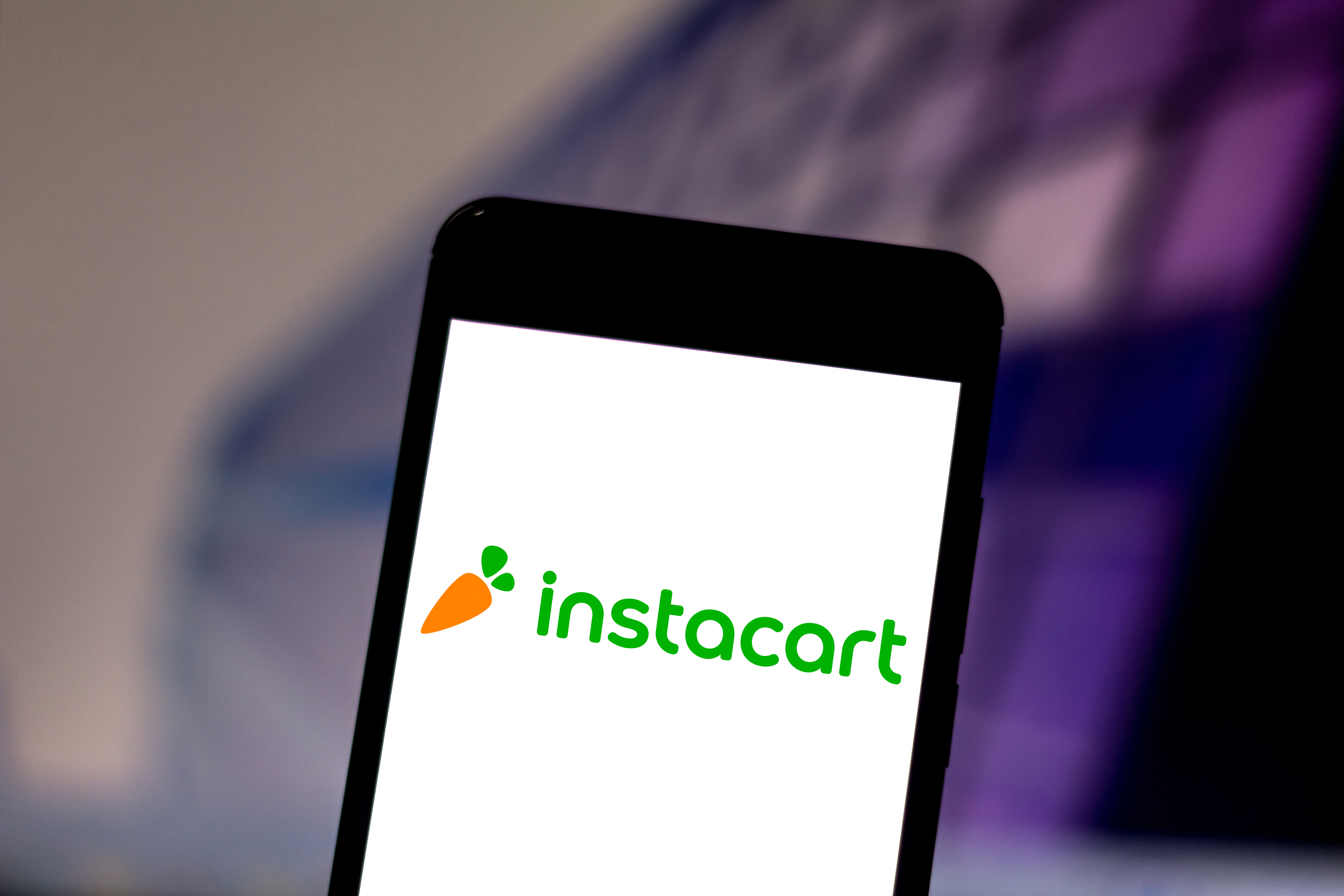Despite the surge of interest in AI, startups hoping to use it as a springboard to their next funding round should think twice.
“For founders trying to raise a Series B for their AI startups in the next six to 12 months, a more challenging fundraising environment likely awaits,” says Isaac Madan, CEO and co-founder of Nightfall AI.
Last August, his cloud data loss prevention services startup raised a $40 million Series B round when many CEOs were desperately searching for ways to extend their runway.
Full TechCrunch+ articles are only available to members.
Use discount code TCPLUSROUNDUP to save 20% off a one- or two-year subscription.
In a post for TC+, he outlined strategies his team used to find funding “when AI is everywhere.”
Going well beyond basic best practices, this post includes a list of questions investors are likely to ask, along with detailed advice on go-to-market strategy.
“It’s no secret that AI is the darling of the VC world right now,” says Madan, “but the winds of change are swift.”
Thanks for reading TC+ this week,
Walter Thompson
Editorial Manager, TechCrunch+
The FTC is setting its sights on generative AI

Image Credits: NurPhoto (opens in a new window) / Getty Images
The total addressable market for AI-powered products and services is unknown, but that isn’t stopping the U.S. Federal Trade Commission (FTC) from “making a case for aggressive antitrust enforcement,” write Henry Hauser, Nathanael Andrews and Shylah Alfonso, attorneys at Perkins Coie.
For this TC+ analysis, the authors examined a recent FTC blog post that looked at some of the “competition concerns” the emerging tech is creating inside the agency.
“Generative AI startups should familiarize themselves with the parameters and limits of several common antitrust theories of harm,” they advise.
Instacart’s IPO price range puts it close to decacorn status

Image Credits: Rafael Henrique/SOPA Images/LightRocket via Getty Images
After parsing Instacart’s S-1 filing, Alex Wilhelm estimates that the delivery platform will reach “a fully diluted market cap potential of between $8.6 billion and $9.3 billion” after its upcoming IPO.
“What we care more about is how rich — or not — its new valuation is compared to its recent financial performance,” he writes.
“Recall that in the wake of the pandemic bump to services like grocery delivery, Instacart managed to hold on to all its earned scale and has become comfortably profitable to boot.”
New California law would force firms to report diversity metrics

California looks to pass the country’s first legislation to increase diversity in venture capital. Image Credits: Getty Images/Gwengoat
A bill headed to the desk of California governor Gavin Newsom would require the state’s VC firms to track and report how they allocate capital across gender, racial and ethnic lines.
State Bill 54 is intended to promote transparency in an industry “where less than 3% of all capital is allocated to women and Black founders,” but “not everyone is a fan of SB 54,” found TC+ reporter Dominic-Madori Davis.
Get the TechCrunch+ Roundup newsletter in your inbox!
 To receive the TechCrunch+ Roundup as an email each Tuesday and Friday, scroll down to find the “sign up for newsletters” section on this page, select “TechCrunch+ Roundup,” enter your email, and click “subscribe.”
To receive the TechCrunch+ Roundup as an email each Tuesday and Friday, scroll down to find the “sign up for newsletters” section on this page, select “TechCrunch+ Roundup,” enter your email, and click “subscribe.”
Click here to subscribe
A program so nice, these founders did YC twice

Image Credits: Bryce Durbin / TechCrunch
At last week’s Y Combinator’s Summer 2023 Demo Days, Rebecca Szkutak counted eight founders who’d previously gone through the 11-week boot camp that’s launched companies like Coinbase, Airbnb and DoorDash.
“Not having a co-founder but a group of people around me going through the same thing, it’s great for feeling out, ‘Am I in the right place?’ and it’s good to commiserate,” said Brian Brunner, founder and CEO of DataShare.
5 steps for assembling AI-driven business teams

Image Credits: tadamichi (opens in a new window) / Getty Images
Generative AI isn’t magic, but for frugal startups that need to conserve time and money, the technology is making some wishes come true.
Pavel Shynkarenko and Alexander Tarasov used ChatGPT to develop product marketing plans and run experiments that “saved several weeks and reduced our expenses by over $10,000,” according to the authors.
“It takes time to get used to collaborating with an AI language instead of a person, but the benefits it can provide are real and tangible.”
Pitch Deck Teardown: Tomorrow University’s $10M Series A deck

Image Credits: Tomorrow University (opens in a new window)
Condensing a pitch deck into 16 slides or less is a genuine narrative challenge, but edtech startup Tomorrow University recently raised a $10 million Series A with just 10 slides:
- Cover
- Historical context
- Goal
- Mission
- Solution
- Product
- Traction
- Market
- Team
- Closing
